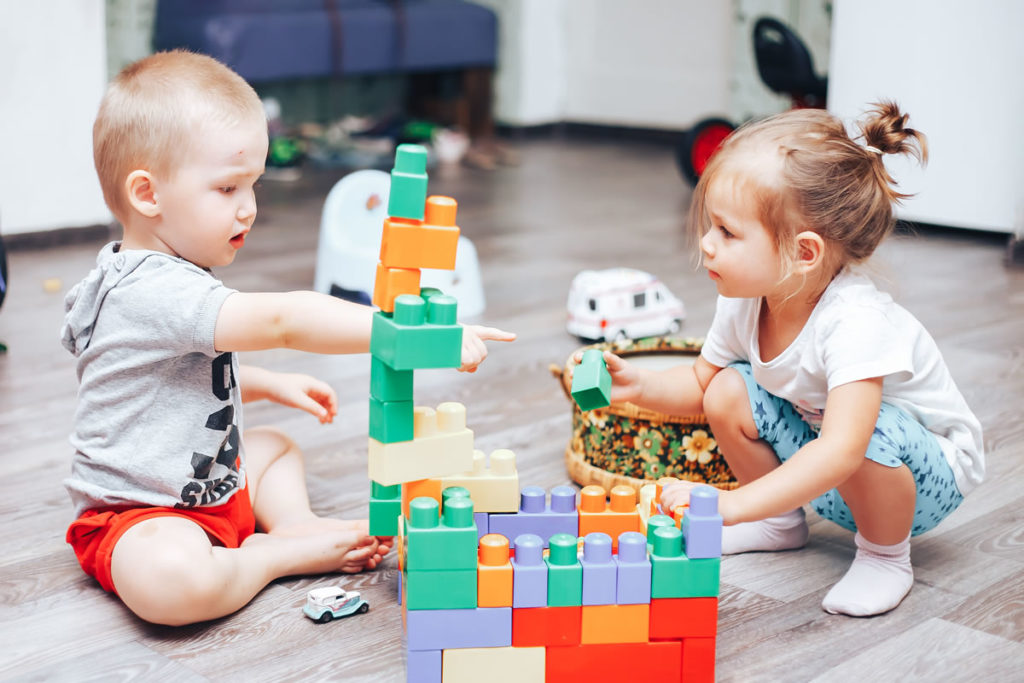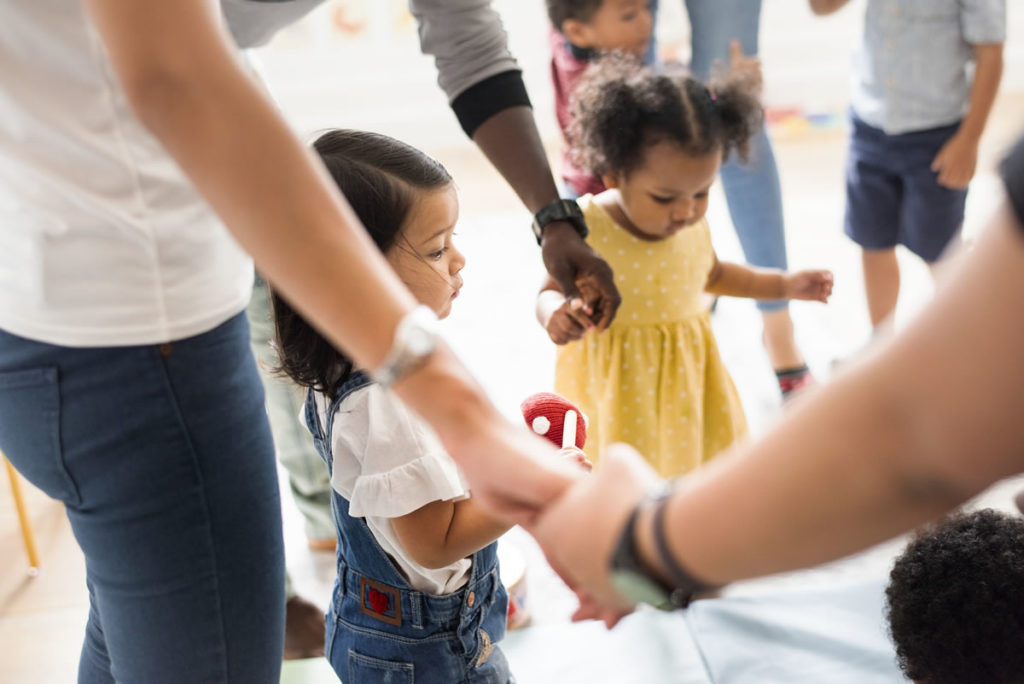When you become a parent, everything changes and a period begins in which you have to face multiple decisions , such as where to send your children to school, on what dates to organize it, what to do if the child does not integrate and has problems … Suddenly, our own childhood seems to be a very old past, the one in which our own parents went through that same constant decision-making process regarding our development… and survived.
That parents have to make important decisions regarding the education of their children is obvious, and preschool is one of the first steps taken around the education of children. However, this school or “preschool” stage has not always been seen as something really useful, and there are still many doubts that it generates in some adults. In this sense, some fateful phrases related to this period by the elderly are common, such as: “ preschool children only sing songs ” or, “preschool children only go to play”.

In other words, there are still many people who do not believe that preschool is important or are skeptical about its benefits, and the truth is that they are seriously wrong, because the period of preschool or kindergarten, depending on the country, is not only the first grade of school, but increasingly presents greater academic rigor and is one of the best ways to ensure a quality educational program in the first stage of child development.
Common myths about the importance of preschool
There are many common myths about preschool education and in today’s article we want to identify and debunk a few:
- All children do is play and sing songs
If all preschool children do during the day is play and sing songs, then parents should be thankful, since the value of play is the highest priority in childhood and less and less time is available for this in schools. families. But singing and playing is not only that, but also the best way for children to learn to build, to create, to solve problems, to cooperate, to communicate, to enjoy activities, to learn what diversity is, to develop. self-esteem and being part of a community based on respect and collaboration.
Therefore, although many perceive that playing and singing songs is simply a way to pass the time, it is important to be clear that they are actually activities through which preschool children develop the most connections in their brains. Singing songs, for example, encourages the development of speech and language by improving vocabulary and communication skills, and in this sense the method of using songs to learn such important things as letters, numbers or letters is known for its effectiveness. multiplication tables. Play, meanwhile, is the perfect opportunity for children to express their curiosity, learn to work as a team, share practical activities and develop the skills necessary to solve problems.
- All these things can be learned at home
One of the biggest mistakes that some adults make about the preschool approach is having an adverse relationship (referring to a low professional respect or lack of assessment of functions) with teachers, for example, thinking things like: “I can do this job I can do it at home “or” anyone can do that job. ”
It is important to keep in mind that preschool teachers are not trying to undermine parents or minimize their abilities to teach their children, as it is clear that children can (and should) learn, and do learn a lot from their families. That said, it is not fair to discredit the capabilities of preschool teachers , as they are also highly trained educational professionals and specifically trained to do so with techniques to improve the physical, social, emotional, cognitive and language development of the very young.
A nursery teacher knows how to immerse children in engaging learning experiences and has years of experience in doing so. In other words, the preschool does not discount the skills that a parent teaches their children at home, but reinforces them in a new environment, ensuring that all areas of the brain are intentionally activated. Preschoolers have the opportunity to practice, share, tie their shoes, use scissors and pack a backpack while surrounded by other little peers of the same age who are part of the experience, which does not happen at home, And nothing improves the learning experience more than a childhood friend or companion.
- The benefits of preschool don’t last
How can the third or fourth year of a child’s life significantly impact their future? Do children remember anything with the time of those years?
While many of us don’t remember our early childhood years, the truth is that those years are just as crucial to our lives, whether we remember them or not. In fact, things as important as our ability to develop vocabulary, that a lifelong communication skill, are largely decided when we are around the age of four or five, so preschool education would demonstrate the strong relationship between preschool attendance and success in various areas of life.
In summary, there is something undeniable that undoubtedly affects this conception that preschool is useless, and that is that children who attend this level are very young, and a parent wants nothing more than to make sure that “their small or small ”, that being so fragile and new in the world, is well, safe and sound.

That is why it seems clear that since children are so young at this stage, the things they need to learn are apparently very simple, but in reality they are not, since they constitute the basis of all their future learning and of what will be the beginning of the future. rest of their lives . And, does it have anything more important than starting to walk and discover the world in the best possible way?












































































































I like the page, it gives excellent ideas and recommendations